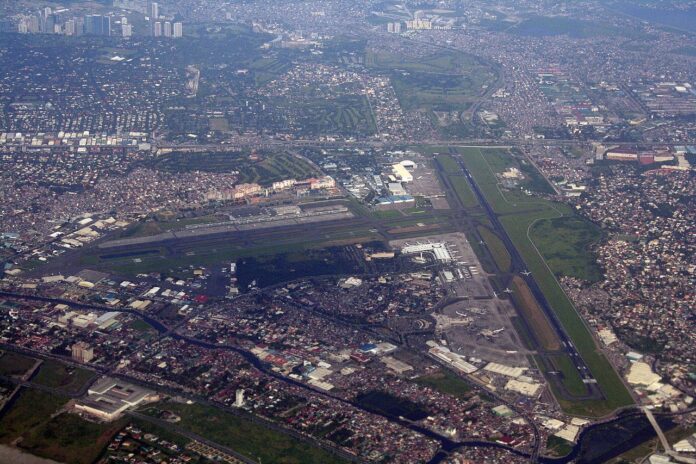-
Some air services from Manila to Russia and Ukraine are on hold due to the Ukraine-Russia war
-
Freight forwarders expect a jump in fuel surcharges of international air carriers as fuel costs shoot up due to the war
-
Flight reroutes demanded by airspace bans will prolong flying hours and increase costs
-
Impact of flight rerouting will hit the air cargo industry, already reeling from the effects of the pandemic
Some air services out of Manila to Russia and Ukraine are on hold until further notice, a casualty of the Russia-Ukraine war.
As of March 2, the status of airlines calling Russia and Ukraine ex-Manila is as follows:
- Turkish Airlines:
Manila to Ukraine – embargoed until further notice
Manila to SVO (Sheremetyevo Alexander S. Pushkin International Airport) and Moscow – still operational
- Qatar Airways:
All Russia & Ukraine destinations embargoed until further notice
- Korean Air:
Manila to SVO – embargoed until further notice
Freight forwarders expect the significant increase in fuel costs to drive up fuel surcharges of international air carriers, and flight reroutes resulting from airspace bans to prolong flying hours and increase costs, Philippine Multimodal Transport and Logistics Association (PMTLAI) president Marilyn Alberto earlier told PortCalls.
READ: Russia-Ukraine war, high fuel prices to drive up PH cargo transport rates
The European Union, Canada, the United Kingdom, and Baltic and Nordic states in recent days have banned all Russian-owned, -registered and -controlled aircraft from their airspace as part of sanctions against Russia’s invasion of Ukraine.
Russia, in response, banned EU and UK carriers from its airspace and closed its western airspace bordering Ukraine.
Ukrainian airspace has also been closed to all civil flights since the Russian invasion on February 24. Ukraine’s neighbor Moldova has followed suit, leaving its airspace open only to essential traffic.
The Russian flight ban on EU and UK carriers has created difficulties for European carriers flying to East Asia.
Alberto said rerouting of flights would mean longer flying hours, more fuel consumed, higher costs, and longer transit times.
The International Federation of Freight Forwarders Associations (FIATA) earlier said flight reroutes due to Russia’s invasion of Ukraine will notably impact air traffic between Europe and Asia.
Moreover, flight reroutes will impact the air cargo industry, which is already encountering difficulties due to the COVID-19 pandemic, FIATA said.
Forwarders say freight rates are starting to increase as a result of restricted capacity and costlier services.
The International Air Transport Association (IATA), in a separate statement, said: “In general, air transport is resilient against shocks and this conflict is unlikely to impact the long-term growth of air transport.”
IATA said it is “too early to estimate what the near-term consequences will be for aviation, but it is clear that there are downside risks, in particular, in markets with exposure to the conflict.”
Sensitivity factors will include the geographic extent, severity, and time-period for sanctions and/or airspace closures, IATA said. These impacts would be felt most severely in Russia, Ukraine and neighboring areas, it said.
Before the pandemic, Russia, including its large domestic market, was the 11th largest market for air transport services in terms of passenger numbers. Ukraine ranked 48th.
IATA said energy price fluctuations or flight rerouting to avoid Russian airspace could have broader cost implications for airlines. Consumer confidence and economic activity are likely to be impacted even outside Eastern Europe.





